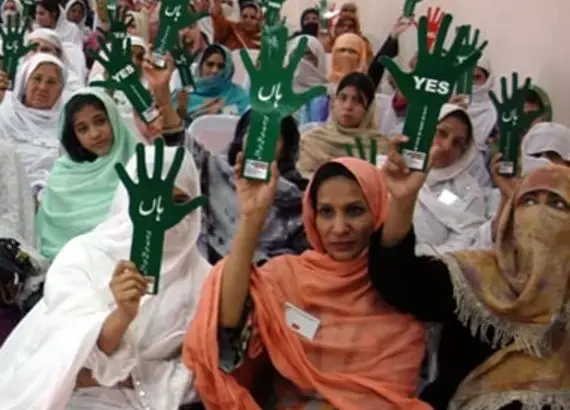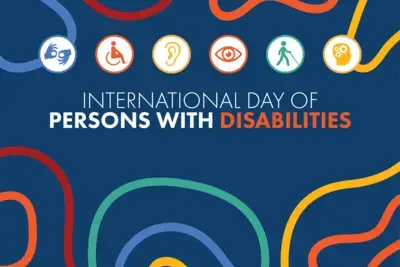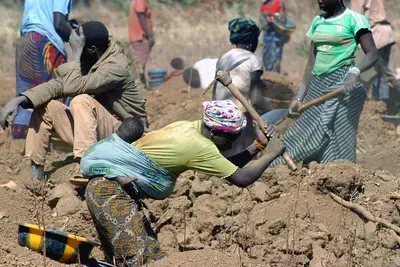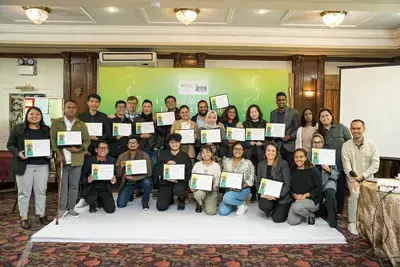
Success Story
Women in Pakistan Identify Vital Issues for Party Platforms
In Pakistan, the obstacles to women’s political involvement in their communities and their country can be daunting. Discrimination, cultural barriers and travel restrictions are among the most significant deterents. In many parts of the country, particularly northern and rural areas, customs prevent women from participating in affairs outside the home, and frequent violence often restricts their mobility. When they do travel, many must be chaperoned by a close male relative.
The fact that hundreds of women journeyed from across several provinces affected by recent flooding and waves of violence to participate in a number of political policy development workshops is a testament to the resolve of Pakistani women to engage politically. For some, it was the first time they had ever traveled outside their home districts or villages. For the vast majority, it was their first chance to make their voices heard in the democratic process.
Although a number of parties in Pakistan have established women’s wings, they are often unstructured, disorganized and prone to internal disputes, leaving women without a formal means to contribute to policymaking in their parties. But through a series of recent workshops hosted by NDI, Pakistani women had the chance to create proposed policy agendas addressing the issues they care about most. The workshops provided the women an opportunity to discuss the unique challenges that they, as women, face every day in their communities.
Resolutions produced through the workshops addressed issues ranging from reforming the education curriculum to the provision of health care in rural areas. Woman also proposed that they participate in peace dialogues currently underway throughout the country. Women party members then presented the resolutions to the party leaders, advocating for their inclusion in broader party platforms for upcoming elections.
Workshops with the National Party, Pakistani Muslim League-Q, the Pakistan’s People’s Party, and the Awami National Party were held recently in Quetta, Islamabad and Peshawar. Another with the Pakistani Muslim League-N will take place soon. The meetings provide a forum for grassroots members to work with experienced elected women such as government ministers and members of the provincial and national assemblies and represent the first opportunity for many to address their party leaders directly. The women also gain a greater appreciation for and understanding of how policymaking works and a sense of empowerment that they can create change on the issues that matter to them the most.
The workshops were organized as part of NDI’s Strengthening Women’s Participation in Politics Program started in 2008. At that time, NDI brought together female representatives from six leading parties in Pakistan to draft a national action plan that outlined the main challenges preventing their full participation in politics and party affairs. The participants unanimously called for better organization of women’s wings and increased representation for women in the party leadership.
Since then, NDI has organized multi-party training sessions to help participants establish rules and regulations for women’s wings. The Institute has also helped integrate more women into political party decision-making, cultivating the skills women need to take more initiative within parties.
Related:
- National action plan to boost women’s power in Pakistani political parties»
- Pakistan: PML-N leader calls for women’s quota for general seats»
- National Platform for Women launched in lead up to Iraqi elections»
- Afghan women seek major role in peacebuilding efforts, focus on women's rights, improved safety and security»
Pictured above: Female members of the Awami National Party convene in Peshawar on April 28 to participate in a policy development workshop.
Published June 3, 2011.



